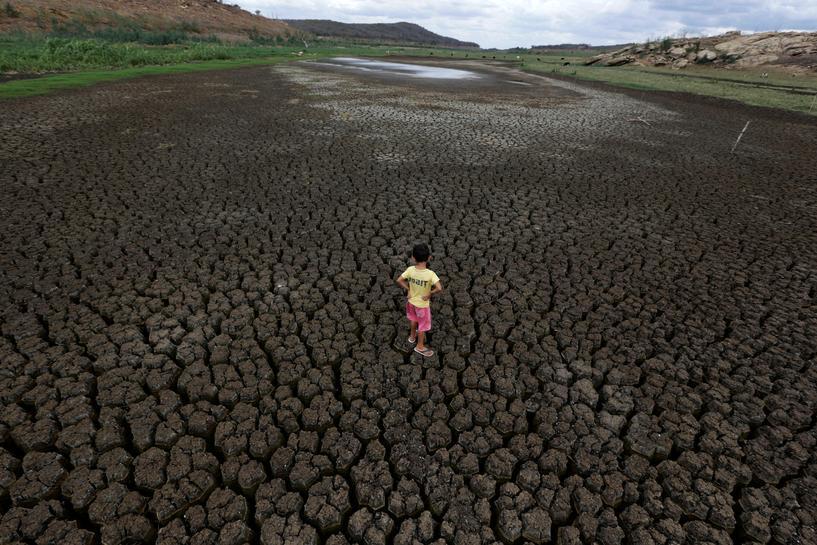Photo:Reuters
By Patryk Krych | The World Daily | MAY 11th 2021
The latest droughts plaguing Brazil are being dubbed the country’s worst in 20 years, with reduced hydroelectric power generation forcing the country to rely more on environmentally-harmful thermal power plants and corn yields continually under threat.
Brazil has been struggling with this latest drought for some weeks now, with the intense wave of heat and dry air causing threat to the country’s corn yields. Given Brazil’s status as the world’s second-largest exporter of the product, this could have disastrous effects both economically and otherwise.
Food inflation is a growing issue as prices were noted to have risen by as much as 2.1%, and very little rainfall is hampering production. In a report, Paris-based adviser Agritel said that “The situation is critical in Brazil.”
He added: “This should further strain the global balance sheet, while the U.S. will have to partly compensate for the drop in South American exports.”
Prices are increasing not only for corn and other produce, but also for power generation. Around three quarters of Brazil’s power is typically generated through flowing water in hydroelectric power plants. With the latest drought, reliance is gradually going to have to switch towards pricier and more environmentally-harmful means.
This is all according to National Electric Grid Operator (ONS) director-general, Luiz Carlos Ciocchi, who added that the crisis will most certainly lead to higher power prices but that there would at least be no risks of power shortages.
He told Reuters on Friday that: “If we did not have the pandemic and the economy was growing, we might have already had a (supply) problem last year.”
Brazilian President Jair Bolsonaro spoke out about the crisis on Monday, having referred to it as Brazil’s worst water crisis in all of its history. He further warned that the crisis will lead to further complications in power generation and supply.
He spoke at the entrance to the Presidential Palace in Brasilia, having stated that: “We have been unlucky, right? Rain usually (falls) until March, and now we are already in the phase where there is no rain.”






